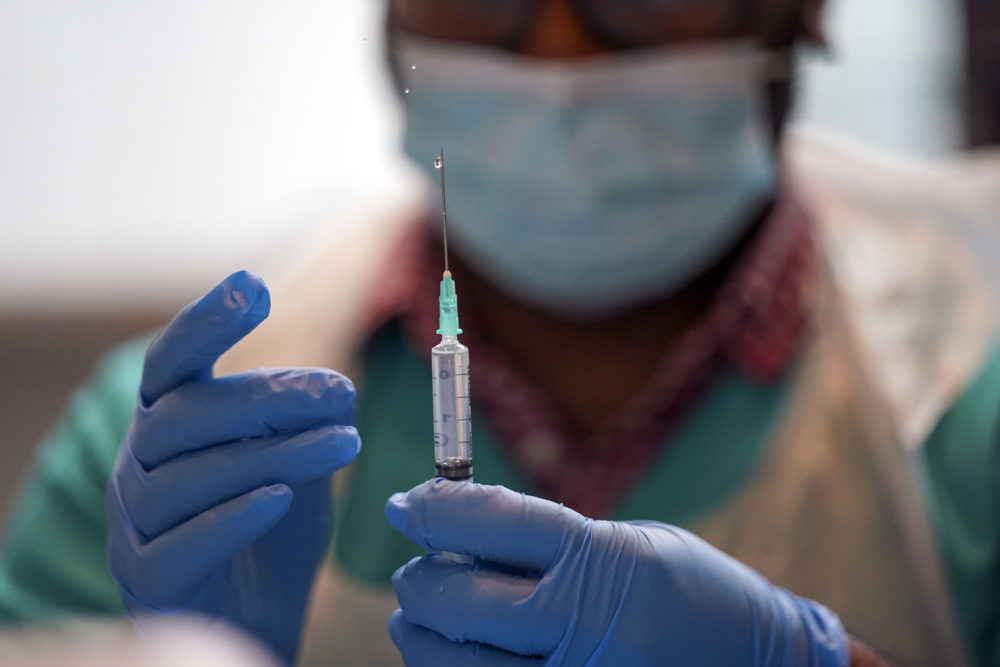Health officials confirm no mpox cases in Wales

Public Health Wales has confirmed that there are no cases of mpox in Wales, amid concern about a new strain of the virus.
Last week the World Health Organisation declared outbreaks of the virus in Africa a global emergency after a new strain of the virus, known as Clade 1b, emerged in the Democratic Republic of Congo.
Mpox, previously known as monkeypox, is passed on through close physical contact, including during sexual contact, kissing, cuddling or holding hands.
Symptoms include a high temperature, headache, muscle aches, backache, swollen glands, exhaustion, joint pain and a rash.
Before the spring of 2022, cases in the UK were usually associated with travel to or from countries where mpox is endemic, particularly in West or Central Africa.
However, in May of that year sustained transmission of the virus was identified in the UK, leading to a large outbreak, mostly in men who are gay, bisexual or have sex with other men.
Vaccination programme
A vaccination programme was launched in the UK in the summer of 2022 and closed the following July.
According to the UKHSA, there were 3,732 confirmed and highly probable mpox cases reported in the UK up to December 31, 2022.
In 2023 and up to July 31 this year, 286 cases were reported.
Of these, 269 were in England – with 116 patients presumed to have caught the virus in the UK and 82 outside of the country. 11 cases were recorded in Scotland (seven were imported cases acquired outside the UK, three were presumed to have acquired mpox in the UK and one is awaiting classification) and one imported case from outside the UK was identified in Wales.
There were five cases in Northern Ireland (one was presumed to have acquired mpox in the UK, one was an imported case acquired outside the UK and 3 are awaiting classification).
Risk
Health officials say there are no currently Clade I mpox infection in Wales, nor any other variant.
A PHW spokesperson said: “We are working with the Welsh Government, UK Health Security Agency (UKHSA), Public Health Scotland, and Public Health Agency Northern Ireland, and we are ready to respond to cases of mpox in Wales should they occur.
“The overall risk to the UK population from mpox remains low.
“Common symptoms of mpox include a skin rash or pus-filled lesions which can last several weeks. It also can cause fever, headaches, muscle aches, back pain, low energy and swollen lymph nodes.
“If you develop any symptoms of mpox, and you have recently travelled to central Africa or you have been in contact with a confirmed case of mpox Clade I, please telephone NHS 111 or call your GP for an assessment. Please do not attend a healthcare facility unless directed to do so by a healthcare professional.”
Support our Nation today
For the price of a cup of coffee a month you can help us create an independent, not-for-profit, national news service for the people of Wales, by the people of Wales.





